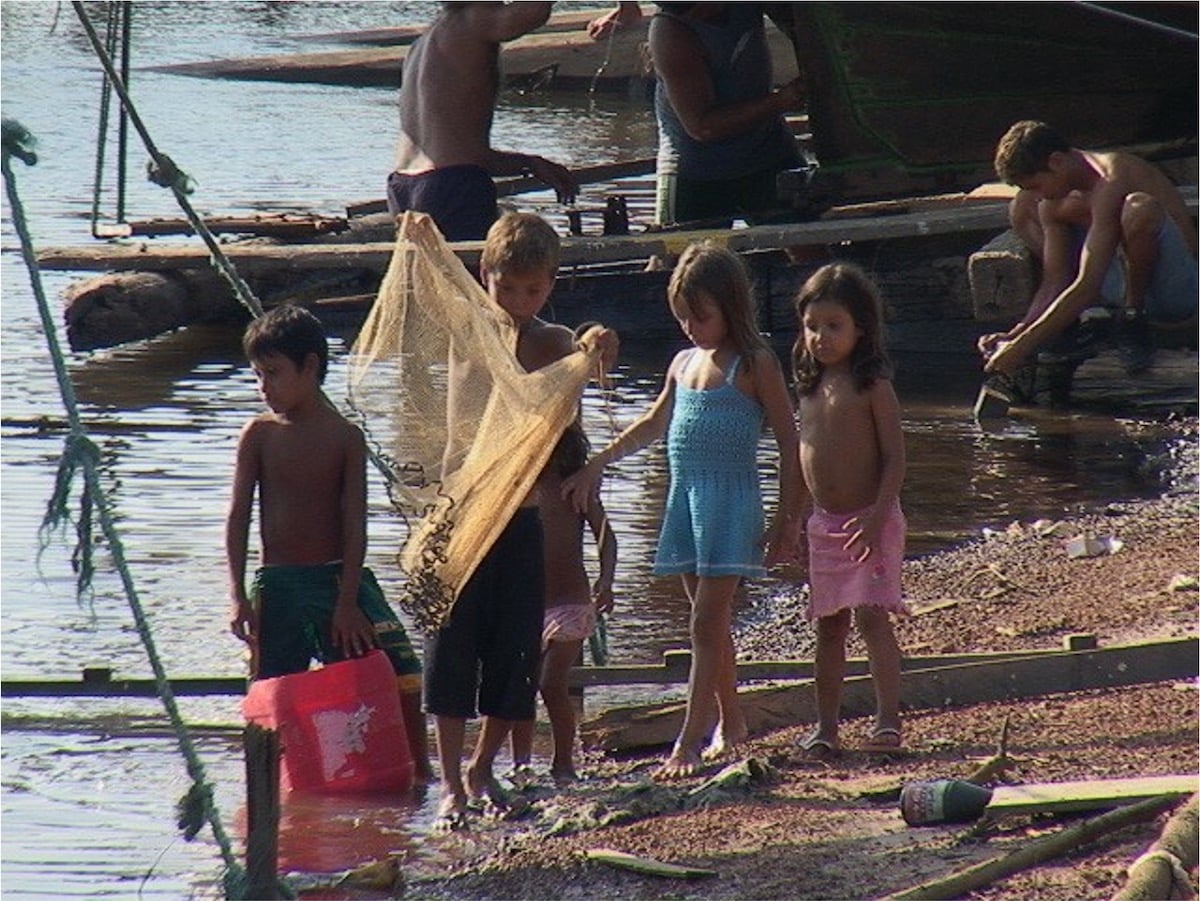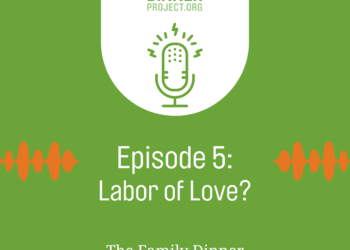[ad_1]
Key takeaways
- Figuring out which kids are in susceptible conditions and want help requires figuring out the danger components that they face.
- Serving to road kids entails bolstering protecting components that may scale back the impacts of the dangers.
- Efficient interventions to assist at-risk kids should be sensible and versatile to their totally different wants, and will contain individuals, establishments, and techniques that care about and help them.
Analysis on Brazil’s road kids wants to fulfill the kids the place they’re
What’s one easy factor road kids want to enhance their lives? After we requested road kids in Brazil, we puzzled if they’d speak about iPhones, new garments, or sneakers. However the kids didn’t concentrate on materials issues. Many requested for “someplace I can put my stuff.” Others requested “a spot that’s my very own, hidden from the world.” They have been trying to find privateness, as a result of once you reside on the streets, every thing is public.
Someday later, my good friend, the director of a Brazilian kids’s shelter, sought my recommendation. “We will’t hold the kids off the road. They arrive and they’re gone. We will’t hold them protected once they don’t come again each night time. What can I do?” My suggestion was to offer every youngster a locker and a key. “You may hold spare keys within the workplace, however promise me you’ll not search inside these lockers,” I suggested.
We all know from developmental psychology that each youngster wants somebody who actually cares about them.
A month later I returned. “Are you a magician?” my good friend laughed. The kids have been coming again at night time to remain on the shelter. Later, we realized what they have been storing on these cabinets. Simply easy issues: Some shampoo, items of paper, a doc. Having a bit of privateness, within the type of a tiny locker, made all of the distinction to the place the kids spent the night time.
This instance highlights why, for greater than 30 years, our groups of researchers learning Brazil’s road kids have centered on leaving our ivory towers. We should perceive the lives of road kids to establish interventions that genuinely help their improvement. Within the huge tutorial studying about youngster improvement, we should discover what’s related to their lives and translate this mixed, well-evidenced understanding into efficient, sensible interventions.
Defining road kids
We studied kids of all ages in Brazilian city areas. In our work, we have now realized loads – about terminology, kids’s wants, and impactful interventions – due to our analysis groups, many collaborators, and mentors. First, we realized that typical definitions of road kids have been at greatest insufficient and sometimes incorrect. They tended to concentrate on key actions, reminiscent of begging or wiping windshields, the place kids slept, or their household ties. However these definitions didn’t match nicely and they didn’t inform efficient interventions.
We seldom discovered kids who had fully misplaced contact with household. Sleeping places additionally blurred the image: Some lived at dwelling and labored on the streets, often sleeping there. Others periodically slept on the streets for weeks however then returned dwelling.

Picture offered by the writer.
As a substitute, we categorize kids across the dangers they face (e.g., contact with gangs, use of medicine, sexual exploitation) and the applications and folks accessible to guard them (e.g., faculty attendance, supportive social networks, contact with caring adults). Via this strategy, we draw on what is thought concerning the impacts of exposing susceptible kids to developmental dangers.
We additionally shine a light-weight on components that exist already to guard them. This helps us establish actions tailor-made to every youngster, primarily based on well-evidenced data. It signifies that in our work, we mix the insights of rigorous developmental science with in-depth understanding of road kids’s lives.
Discover one one that actually cares concerning the youngster
We all know from developmental psychology that each youngster wants somebody who actually cares about them. However what does that imply for road kids? Most do have relationships with members of the family. However a lot of these relationships have massive issues, together with abusive habits. These kids know that their dwelling shouldn’t be a spot to be on a regular basis.
Faculty attachment is a vital protecting issue, significantly for youth of their early teenagers, for each women and boys.
They’re additionally good. They perceive discover individuals who can deal with them. We now have discovered many individuals in establishments and shelters who acknowledge this central childhood want and might be a protecting, fixed position in kids’s lives. It is very important construct on these alternatives for youngsters.
Faculty is important on this respect. In our analysis, faculty attachment is a vital protecting issue, significantly for youth of their early teenagers, for each women and boys. This discovering highlights the essential position that colleges can play, however they should be able to embrace these kids.
Avenue kids need to go to high school
Some individuals say road kids don’t need to go to high school or study. That isn’t true. It’s not simple for them. They don’t have somebody who wakes them each morning to go to high school. They lack paper, notebooks, and pencils, in addition to a spot to maintain faculty provides for the subsequent day.
As well as, road kids can face prejudice from different college students and academics. Surviving on the road requires fixed vigilance to potential risks, so sustaining self-discipline and focus in school will be troublesome. However given the possibility, most road kids we have now met love faculty. They need to go. However they want an open faculty, not a spot the place they must arrive at precisely 8 a.m. The varsity needs to be versatile and welcoming: Possibly they get there at 9. There needs to be some breakfast for them.
We now have additionally realized about psychological interventions that help kids who’ve skilled trauma. For instance, we all know that group remedy will be extremely efficient, particularly for ladies who’ve skilled sexual exploitation, however it’s much less useful for boys, who could also be much less in a position to confide to teams and may have extra one-to-one approaches.
In conclusion – doing good, however unintentionally doing hurt
Lastly, we have now discovered that providers and establishments that attempt to carry kids off the road generally unintentionally obtain the alternative. Some kids informed us that, to entry care establishments and providers, they needed to “fake” they have been road kids, giving that id a excessive standing. As a substitute of slowing the migration of kids to the road, these establishments have been truly propelling kids to road life. We needed to go to the administrators of those establishments and advise them to alter their strategy.
They usually did. They launched extra guidelines and expectations round what the kids needs to be doing, reminiscent of attending sure applications and bringing a accountable grownup with them, so they didn’t simply are available for brand new garments and disappear once more. They have been genuinely off the streets.
Maybe one of the crucial necessary classes we have now realized from our modern strategy is that conventional analysis methods, which often have teachers observing after which strolling away with their findings, aren’t moral on this setting. We’re at all times asking: “How can we study from and inform practitioners? How can we contribute to the well-being of those kids, proper right here, now, in entrance of us?” We should be cautious by no means to use the distress of the numerous for our personal private tutorial development.
[ad_2]
Source_link





